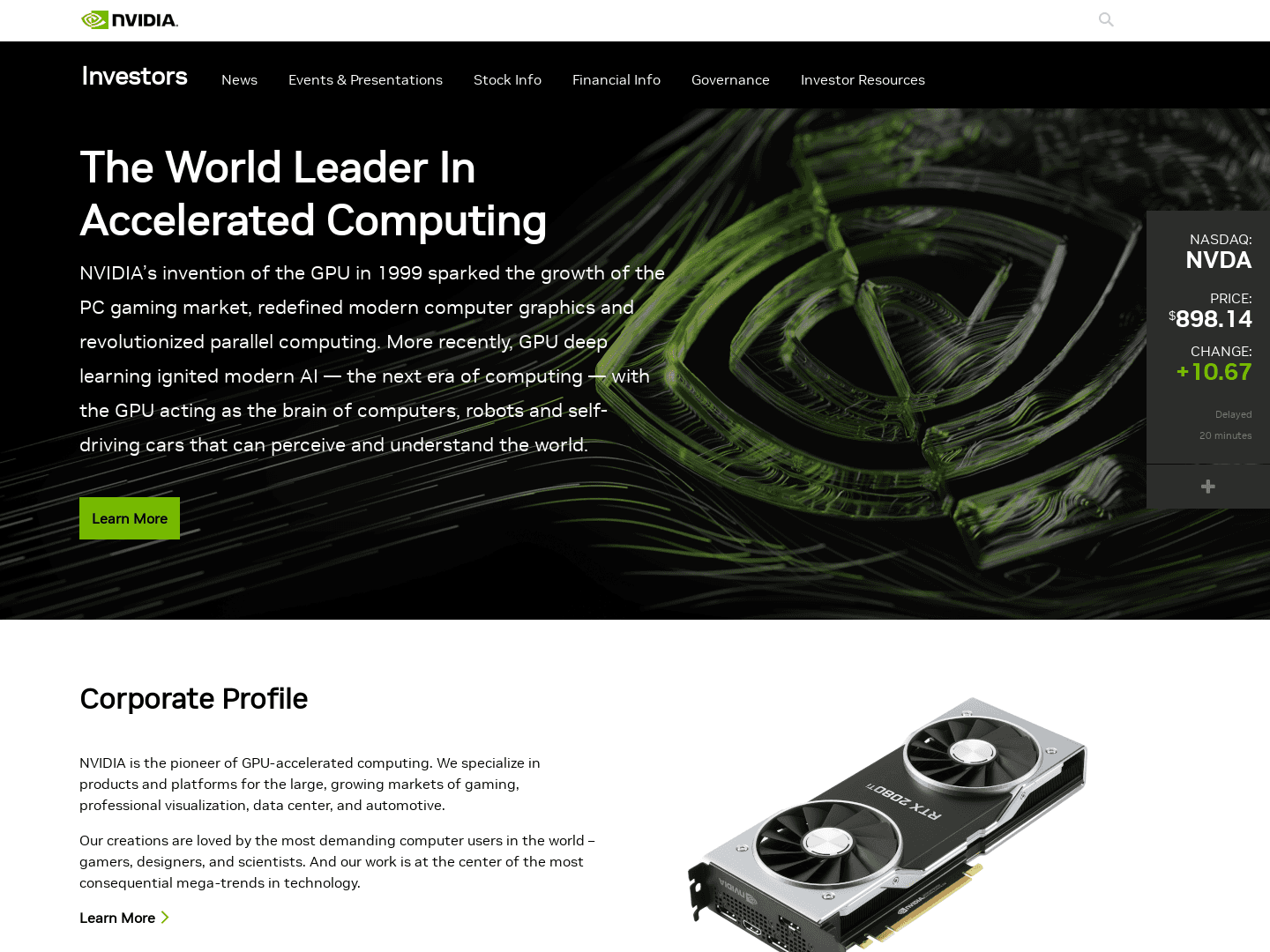AI infrastructure firm Nscale raises £322m backed by Blue Owl and NVIDIA

At a glance
This article covers a Pre-Series C SAFE on 1 October 2025 for Nscale, an AI-native hyperscaler engineered for large-scale AI infrastructure, founded by Joshua Payne. The round raised £322.03m, led by Blue Owl with participation from Dell.
What does Nscale do?
Nscale is a platform that supplies integrated computers, connections, file storage and managed software from company-owned data centres. Its primary purpose is to host and run large AI workloads and provide managed services for model training and use.
Why is Nscale useful?
Problem
Organisations struggle to run large AI workloads because they lack sovereign, integrated and scalable compute, networking and storage. This makes deploying and managing advanced models costly, slow and technically complex for many teams.
Solution
Nscale explains that it provides vertically integrated, sovereign AI infrastructure combining compute, networking and storage. It also offers managed software, services and one of the world’s largest GPU pipelines to scale AI workloads.
How much did Nscale raise?
Nscale raised £322m ($433m) in a pre-Series C SAFE, backed by Blue Owl and Dell alongside existing backers. This makes it the 1st largest funding round in October 2025 (6 recorded). As of 1 October 2025, the round is the 4th largest of the year (476 total) in the Startupmag database.
For details on how Startupmag compiles its rankings, view our Methodology.
Who invested in Nscale?
Key investors in this financing include the following backers.
- Blue Owl Managed Funds: A global asset manager with a focus on growth and infrastructure investments in technology and related sectors.
- Dell: A technology company that makes strategic investments in enterprise and infrastructure software and hardware, including AI, SaaS and cybersecurity firms. Its portfolio includes Datamaran and ExactTrak.
- NVIDIA: A computing and AI platform company that invests in AI and compute‑intensive startups. Previous investments include Charm Therapeutics and Implement AI.
- Nokia: A telecommunications equipment company that invests in network infrastructure, 5G and related technology ventures.
If you're researching potential backers in this space:
- Explore our list of AI venture capital firms in the UK
- Browse our directory of AI angel investors in the UK
Who founded Nscale?
Joshua Payne is the founder of Nscale.
In the funding announcement, Joshua Payne explained:
We're overwhelmed by the interest we've received. It's incredible to see the passion and confidence we have in Nscale is matched by key investors,
The company continued that participation in the pre-Series C SAFE, just days after the close of its Series B funding, represented an endorsement of its vision to deliver sovereign, scalable infrastructure for the AI era.
Where is Nscale based?
Nscale is based in London, UK.
What sector is Nscale in?
Nscale operates in the AI sector. AI sector develops systems that can perform tasks that normally require human intelligence. In plain terms, it builds software that learns from data to make predictions or decisions.
Key trends and challenges in AI:
Rising demand for specialised AI compute
Demand for specialised AI compute is soaring due to large language models needing thousands of GPUs.
GPU supply bottlenecks and vendor concentration
Supply of high-end GPUs lags demand, causing long lead times and higher costs for model training.
Data sovereignty and regulatory pressure
Countries increasingly require onshore AI infrastructure to protect sensitive data and meet local rules.
For a deeper look at innovation in this space, see the AI startups in the UK.
They've invested in Nscale
Get to know these AI investors
Click here for a full list of 7,233+ startup investors in the UK

